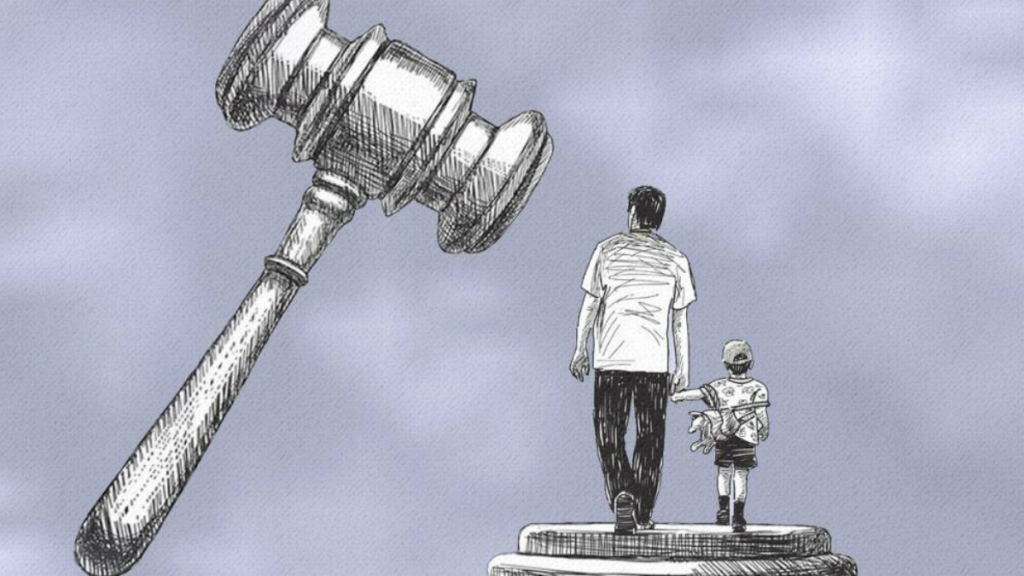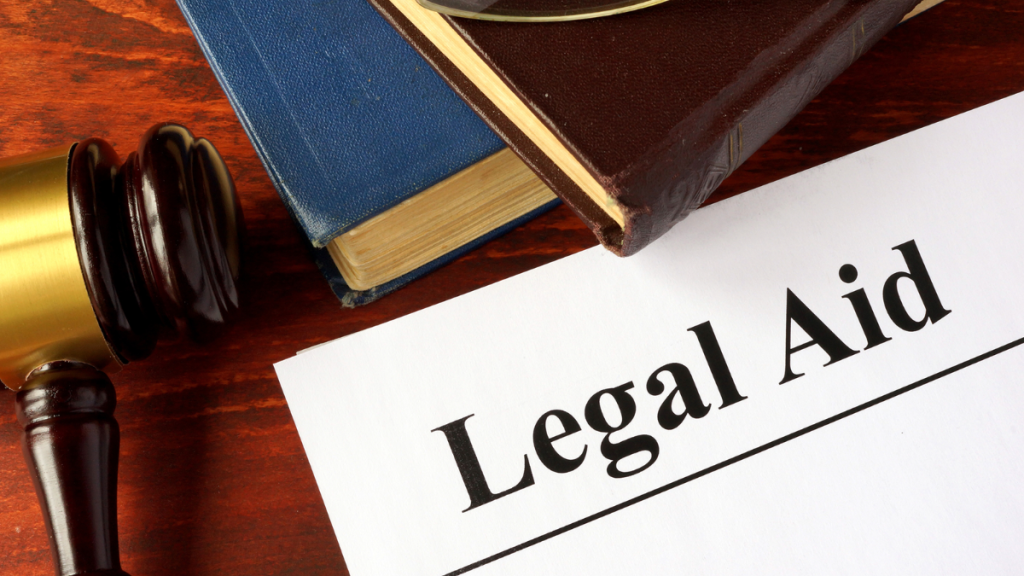Family law matters can be complex, emotional, and challenging to navigate for anyone. But for low-income families, access to legal representation can be a significant barrier to justice. The cost of hiring a family court lawyer can be prohibitive, leaving many individuals and families to face the courts alone. In this article, we’ll explore the challenges low-income families face when accessing family court lawyers, the impact of this barrier, and potential solutions to improve access to legal representation.
Understanding the Challenges
The Cost of Legal Representation
Family court lawyers can be expensive, and their fees can quickly add up. Hourly rates can range from $150 to $500, depending on the lawyer’s experience and location. For low-income families, this cost can be insurmountable, and many individuals may be forced to represent themselves in court. Without a lawyer’s expertise, they may miss critical details, make procedural mistakes, or fail to present their case effectively.
Limited Availability
Legal aid organizations and pro bono services can provide support to low-income families, but their availability is limited. These organizations may have strict eligibility requirements, long waitlists, or only provide limited assistance. This leaves many families without access to legal representation, particularly in rural areas or regions with high poverty rates.

Emotional Toll
Family law matters can be emotionally challenging, and self-representation can add an additional burden. Without a lawyer’s support, individuals may struggle to manage their emotions, communicate effectively with the court, or make decisions in their best interests.
The Impact of Limited Access
Unequal Outcomes
Without access to legal representation, low-income families may face unequal outcomes in family court cases. They may be more likely to lose custody battles, receive less favorable support orders, or face legal repercussions they could have avoided with a lawyer’s assistance.
Prolonged Legal Battles
Self-representation can result in prolonged legal battles, further exacerbating the emotional and financial toll on families. A lawyer’s expertise can help individuals navigate the court system more efficiently and effectively, potentially leading to faster, more satisfactory outcomes.
Solutions for Improving Access to Legal Representation
Pro Bono Services
Pro bono services can help low-income families access legal representation at no cost. These services are provided by lawyers who volunteer their time to support those in need. Pro bono organizations can also provide training and support to lawyers interested in providing pro bono services, expanding the pool of available legal support.
Legal Aid Organizations
Legal aid organizations provide free legal services to eligible low-income individuals and families. These organizations may specialize in family law or provide broader legal support. While funding for legal aid organizations can be limited, they can be a valuable resource for those in need.

Technology
Technology can provide alternative ways for low-income families to access legal support. Online resources, such as legal information websites or virtual legal clinics, can provide guidance and support without the cost of hiring a lawyer. Technology can also be used to connect low-income families with pro bono lawyers or legal aid organizations.
Conclusion
Access to legal representation is a critical component of a fair and just court system. For low-income families, the cost and availability of family court lawyers can be a significant barrier to justice. By increasing access to pro bono services, legal aid organizations, and technology-based solutions, we can help break down these barriers and provide support to those who need it most.
FAQs
What is a pro bono lawyer?
A pro bono lawyer is a lawyer who volunteers their time to provide legal services to those who cannot afford them. Pro bono services are typically provided to low-income individuals and families.
What is a legal aid organization?
A legal aid organization is a non-profit organization that provides free legal services to eligible low-income individuals and families. These organizations may specialize in specific areas of law, such as family law, or provide broader legal support.
How can technology improve access to legal representation for low-income families?
Technology can provide alternative ways for low-income families to access legal support, such as online legal resources, virtual legal clinics, and online pro bono services. These solutions can be more cost-effective and accessible than traditional legal services.
What are the consequences of self-representation in family court cases?
Self-representation in family court cases can result in unequal outcomes, prolonged legal battles, and emotional distress for individuals and families.
What can individuals do if they cannot afford a family court lawyer?
Individuals who cannot afford a family court lawyer can seek pro bono services, legal aid organizations, or utilize technology-based solutions such as online legal resources or virtual legal clinics. They can also seek support from community organizations or social services agencies.
I’m Sanjay, a digital marketing professional with 12+ years of experience. I’m also a part-time blogger who writes about various topics. My blog provides practical advice and insights for readers interested in these areas. I’m passionate about sharing my knowledge and always looking for new ways to engage my audience. In my free time, I love traveling and immersing myself in new cultures.

